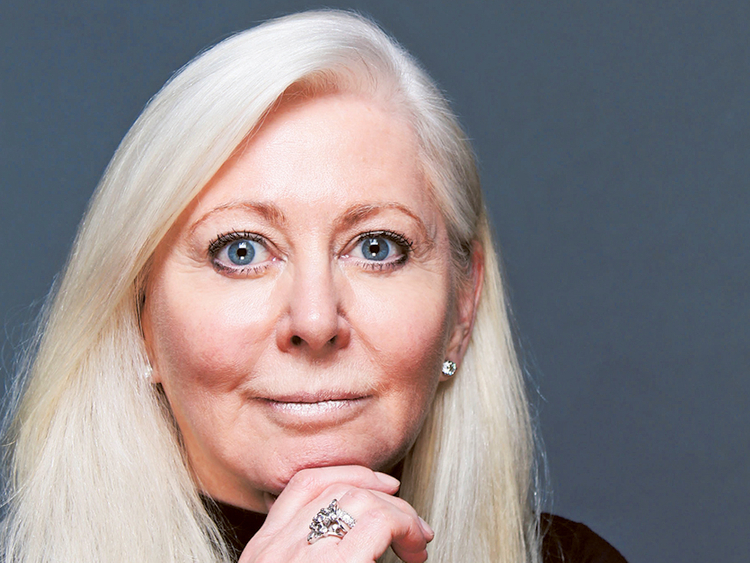
Dubai: Indian and Chinese consumers seem to be taking “brand connection” quite literally — they lead the rest of the world in forging a closer reliance and trust with their favoured labels.
“This is possibly because of the importance that brands have in those markets, in that they play a very important role in giving people a sense of their own progress and helping them define their own lifestyles,” said Carol Potter, Executive Vice-Chairman at the marketing services consultancy Edelman. “We also see that in markets where a lot of young people were not brought up with brands, it’s a fairly new phenomenon for them and they are more likely to try build connections.”
In stark contrast, “In more developed markets, people will have very high expectations of brands, and possibly have more disappointment,” said Potter. Edelman recently brought out a global survey that tracked consumer perceptions towards brands and how — and where — these were formed.
And the survey unearths some pointers on where brand-consumer relationships are headed. Perhaps surprisingly, the millennial generation had a more stable relationship with brands. Surprising because this is the generation that tends to expect a lot more from whatever they are connected with.
According to Potter, brands would do well to realise the “importance of getting into peer-to-peer conversations and using social media in the right way, as this is where this group is often forming its relationships.”
And as in the physical world, such alliances are built around “conversations”. Brands the world over have long since jettisoned the habit of only being part of one-sided dialogues directed at their audiences.
“When it comes to marketing, it’s not just about ticking the boxes of a handbook; it’s really more about putting real effort into building the relationship with your customer,” said Potter. “And fulfilling expectations of having a higher purpose, telling a story and listening and responding.
“Once people are in a committed relationship with you, they will buy more from you, defend you, and advocate for you. In this day and age, all these behaviours are critical to establishing a strong, thriving brand.”
For today’s audience, brands need to show up with more than pre-programmed CSR (corporate social responsibility) campaigns. The Edelman study found that 55 per cent of respondents believe brands can do more to solve societal ills than government entities, while 62 per cent will not buy a brand if it fails to meet societal obligations. And, here’s the interesting part, 79 per cent of these committed buyers were willing to pay more if their brand showed a higher social purpose.
But to get that point, brands need to put in more… and not just by way of slickly produced brand messages or campaigns. The Edelman report came up with a score of only 38 out of 100 in the global consumer-brand relationship score. A score that’s not even a middling one.
“In terms of the level of the score, to be honest — having worked with brands for a number of years — I think we were a bit surprised,” said Potter. “But, on the other hand, it shows that there is enormous potential and opportunity for marketers and communicators everywhere.
“The first point to keep in mind is that there’s not necessarily a disconnect between brand promise and consumer expectations. This study specifically looks at the brand relationship, so it’s not really about the performance of the product or the other numerous factors that could be linked to its success.
“Rather, the research is really looking at how brands can connect more with their consumers. So, from the perspective of marketers and communicators, the study shows that what is important to understand is that in a world where consumers have really high expectations, it’s clear that brands can be doing more to genuinely engage and connect with those customers.”
Brands are in a constant battle to stay in consumer-connect mode
* In the Edelman “Earned Brand Study - 2016”, social media platforms enjoyed the highest trust levels (43 out of 100) among 18 categories polled, while over-the-counter prescription medicines had the lowest at 33. Automotive, fashion and luxury also had scores better than the global average of 38. “On a category-by-category level, what we will be doing in the future for Earned Brand is really looking into the brands that people chose as their favourites and trying to understand more about why some categories do better than others,” said Carol Potter at Edelman.
* The study’s findings were based on the responses of 13,000 consumers in 13 countries. There were 18 categories that respondents had to give their views on.












